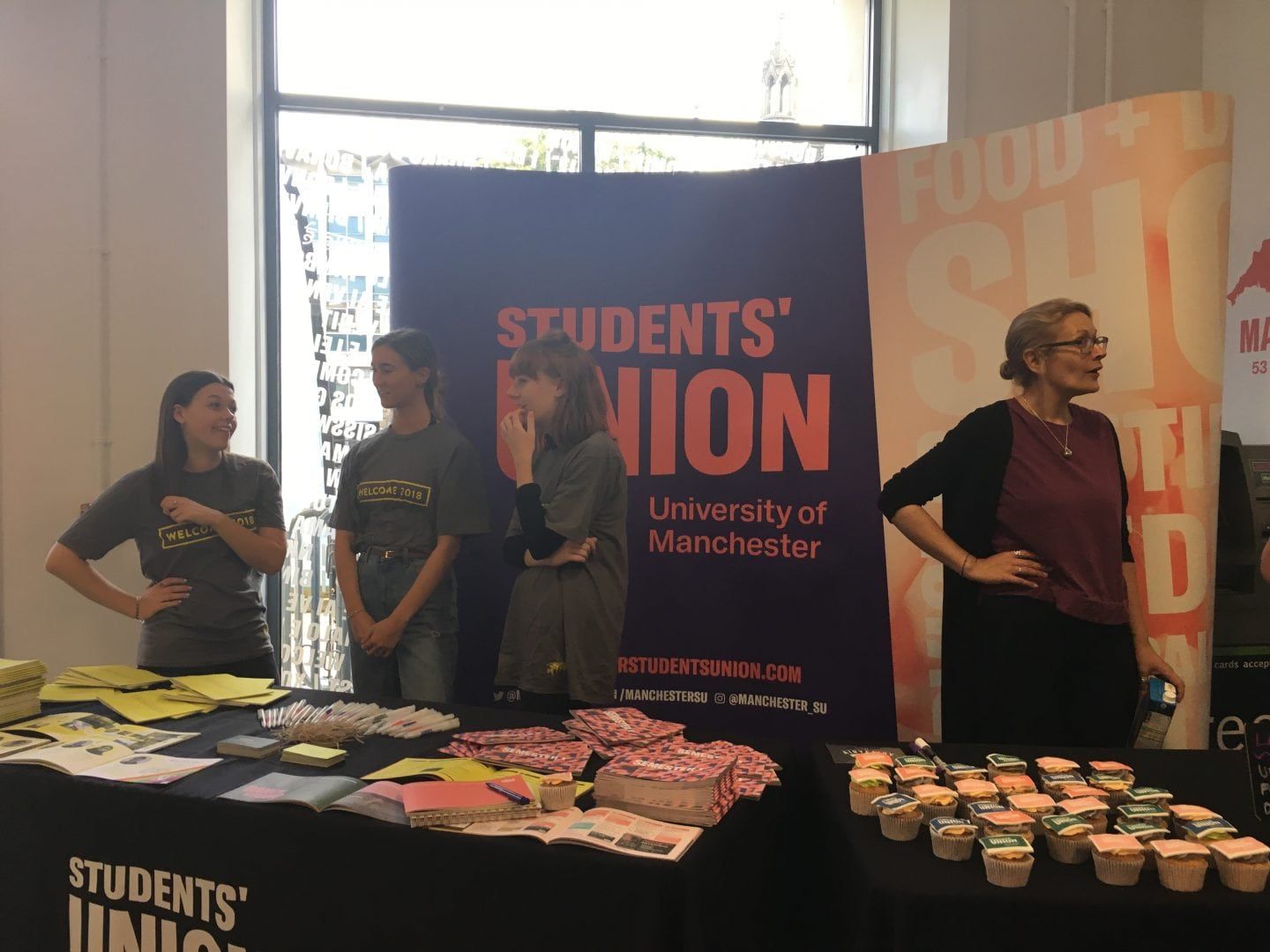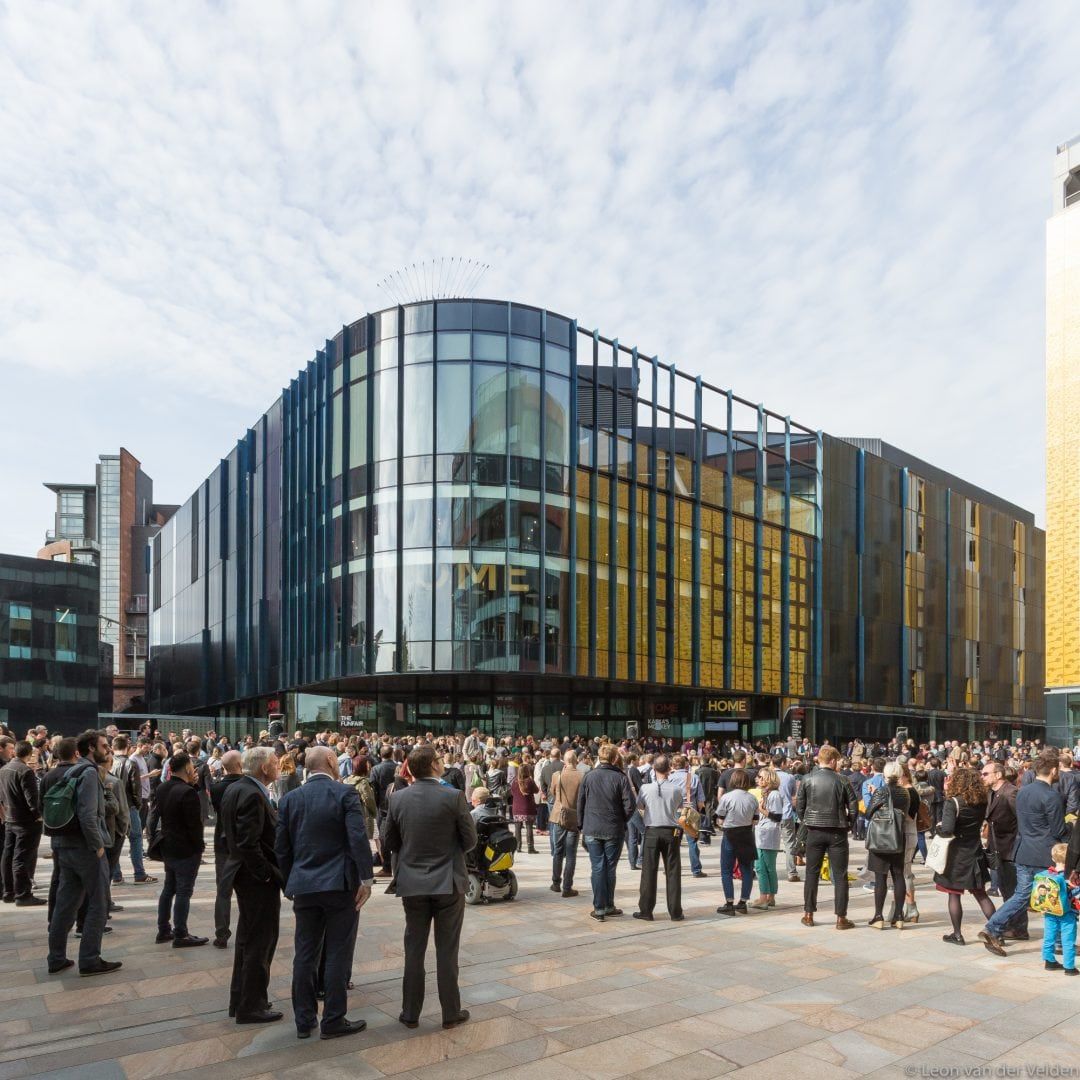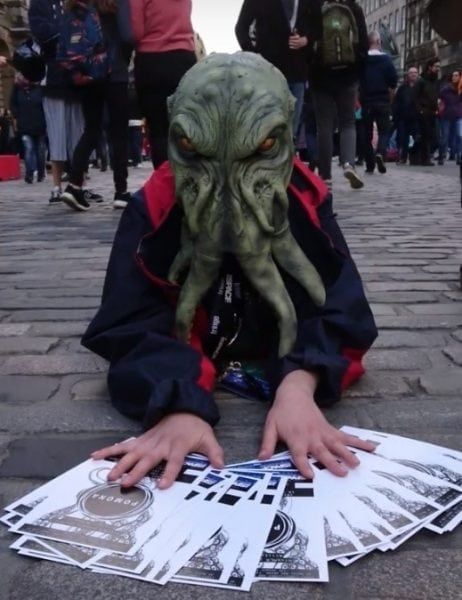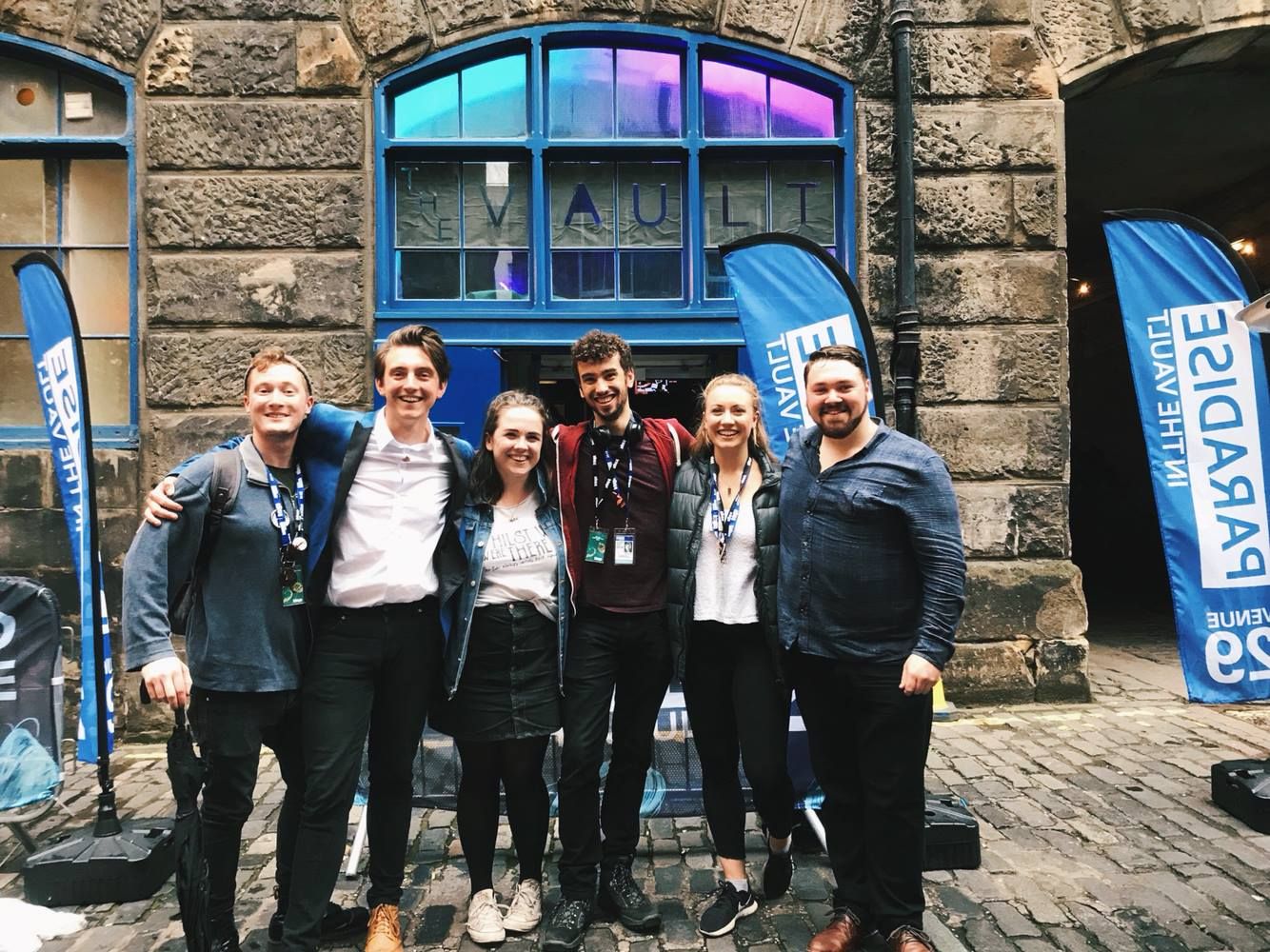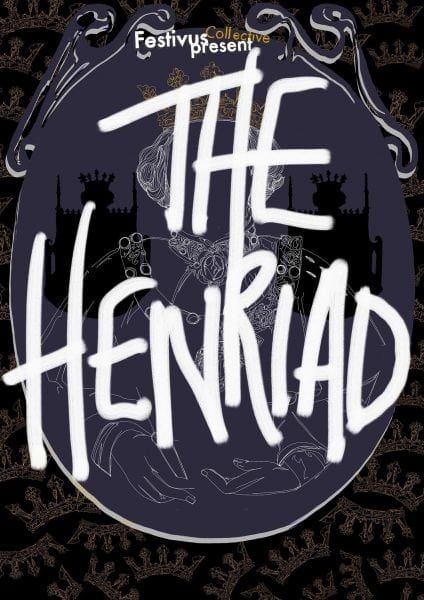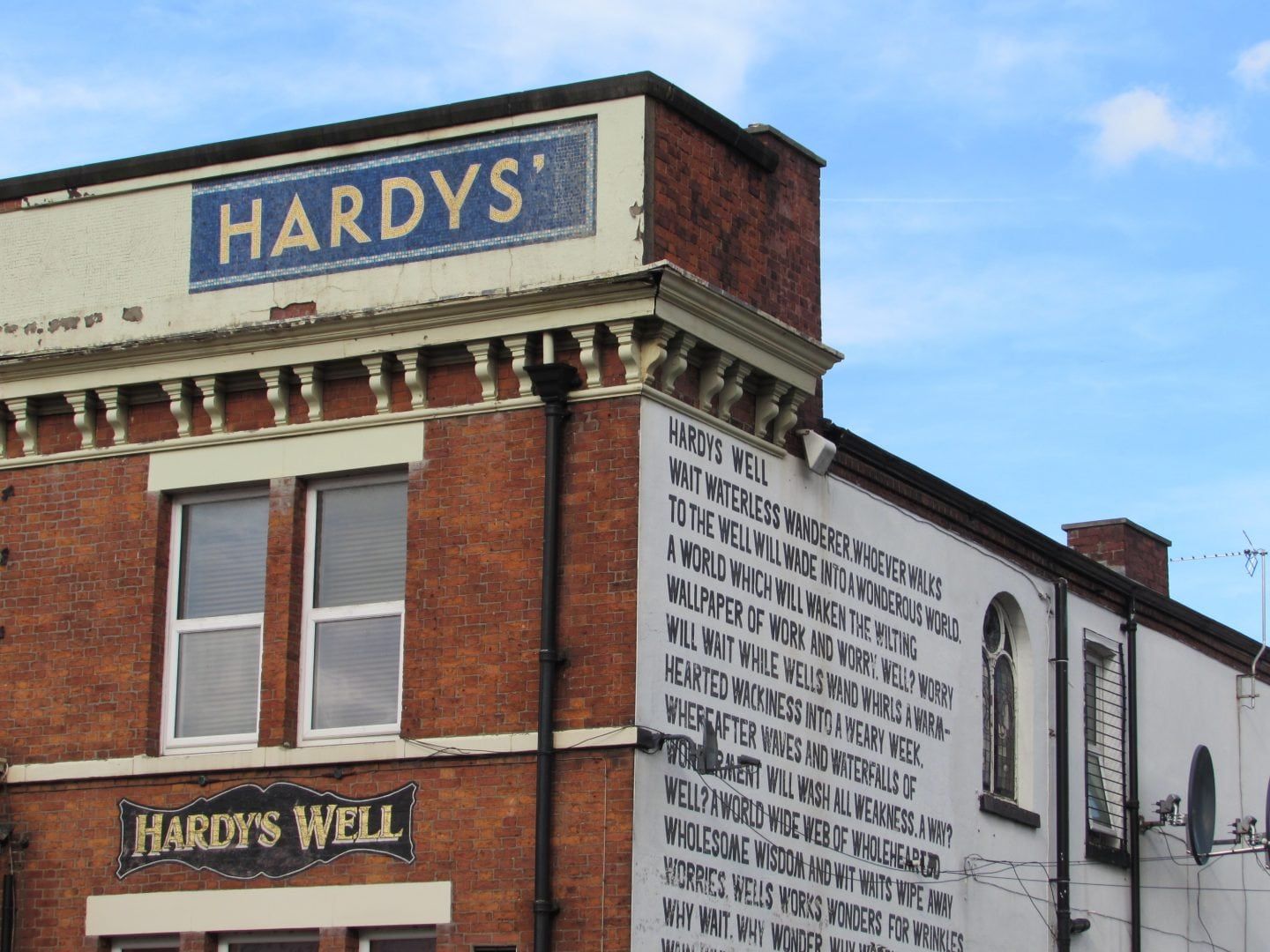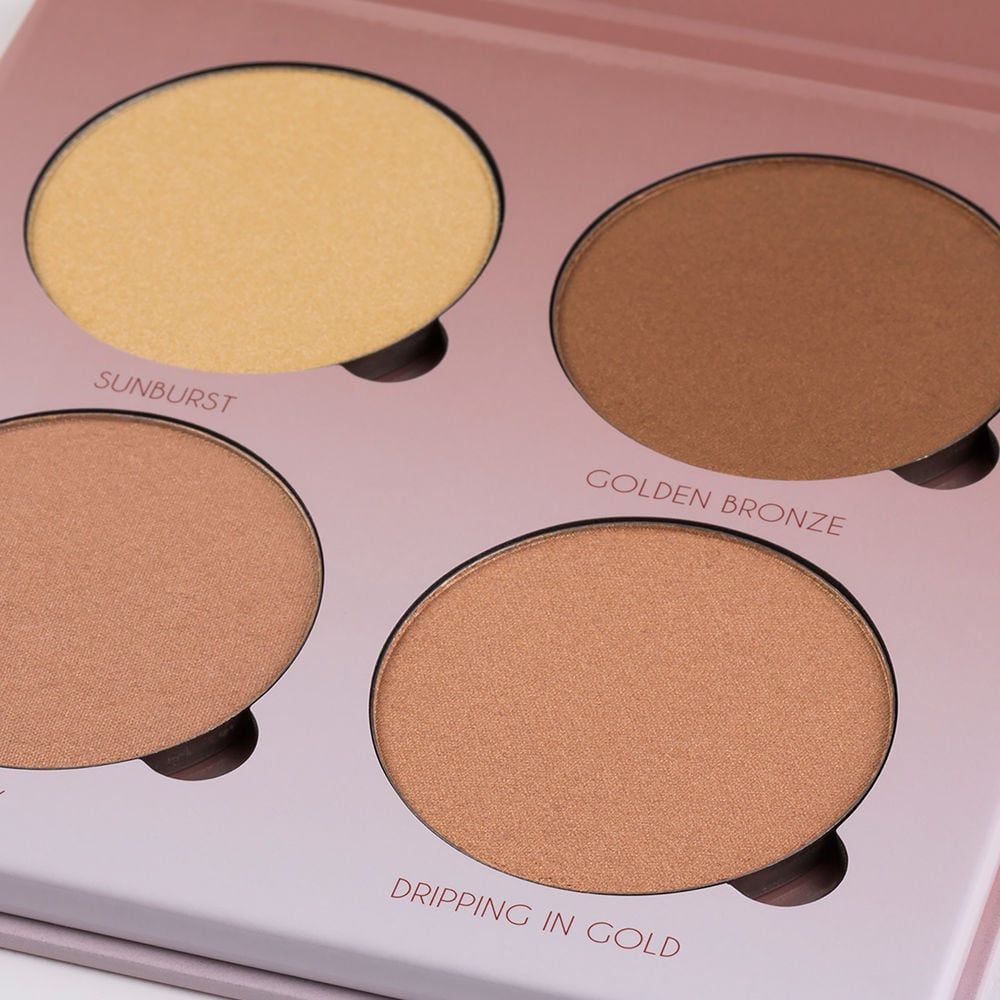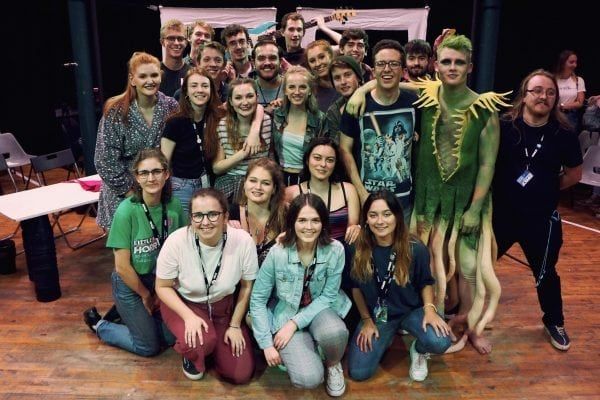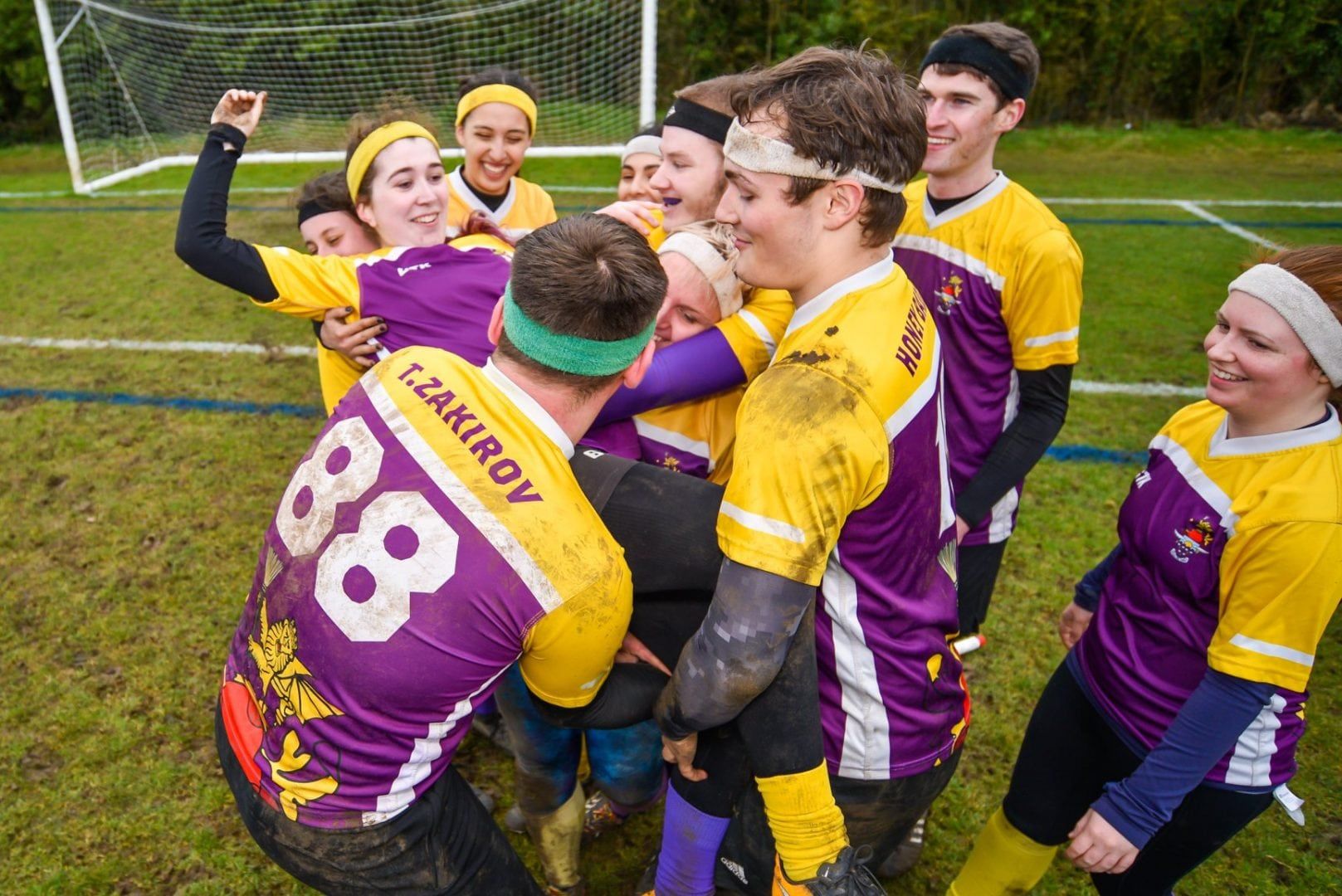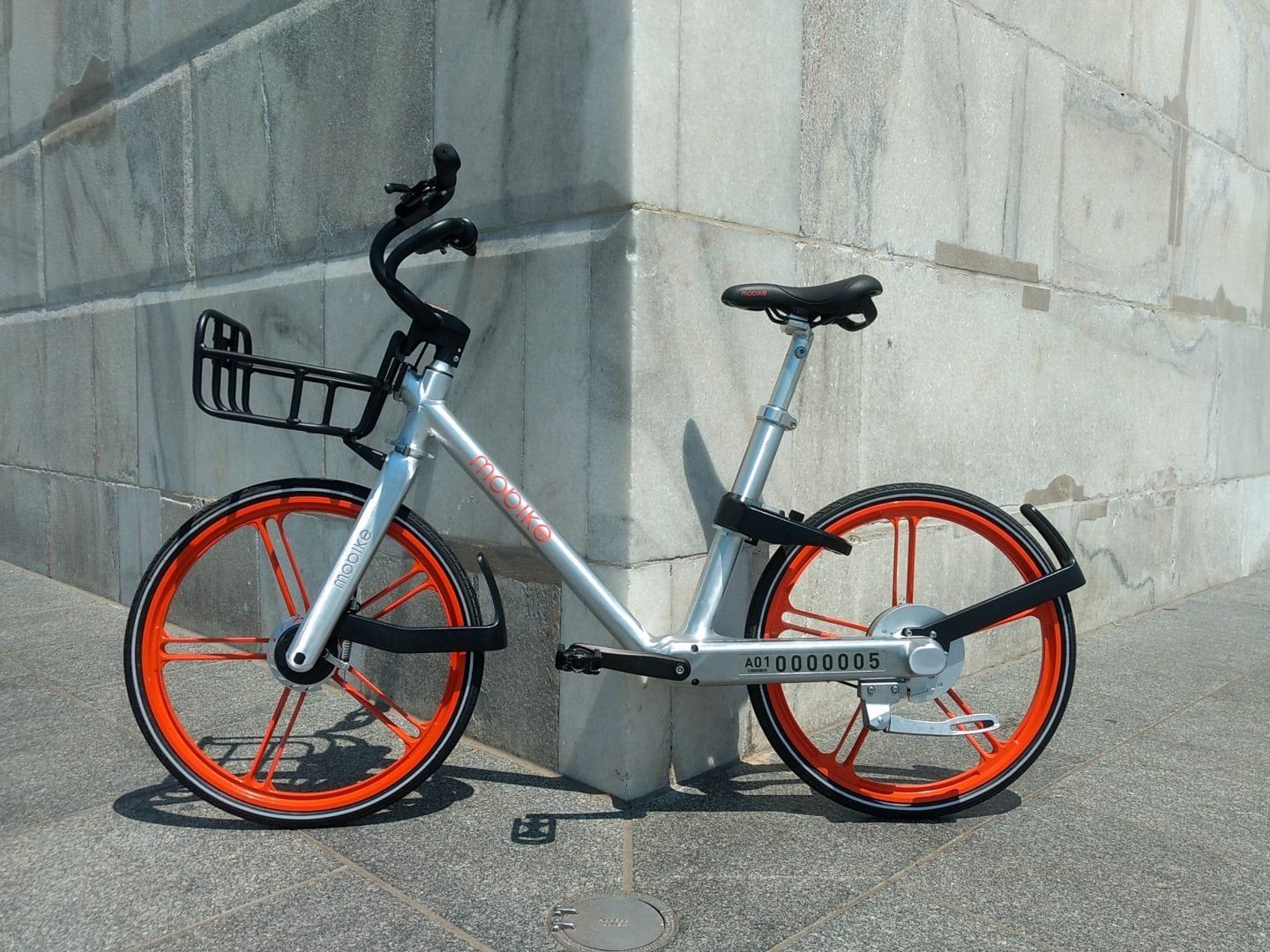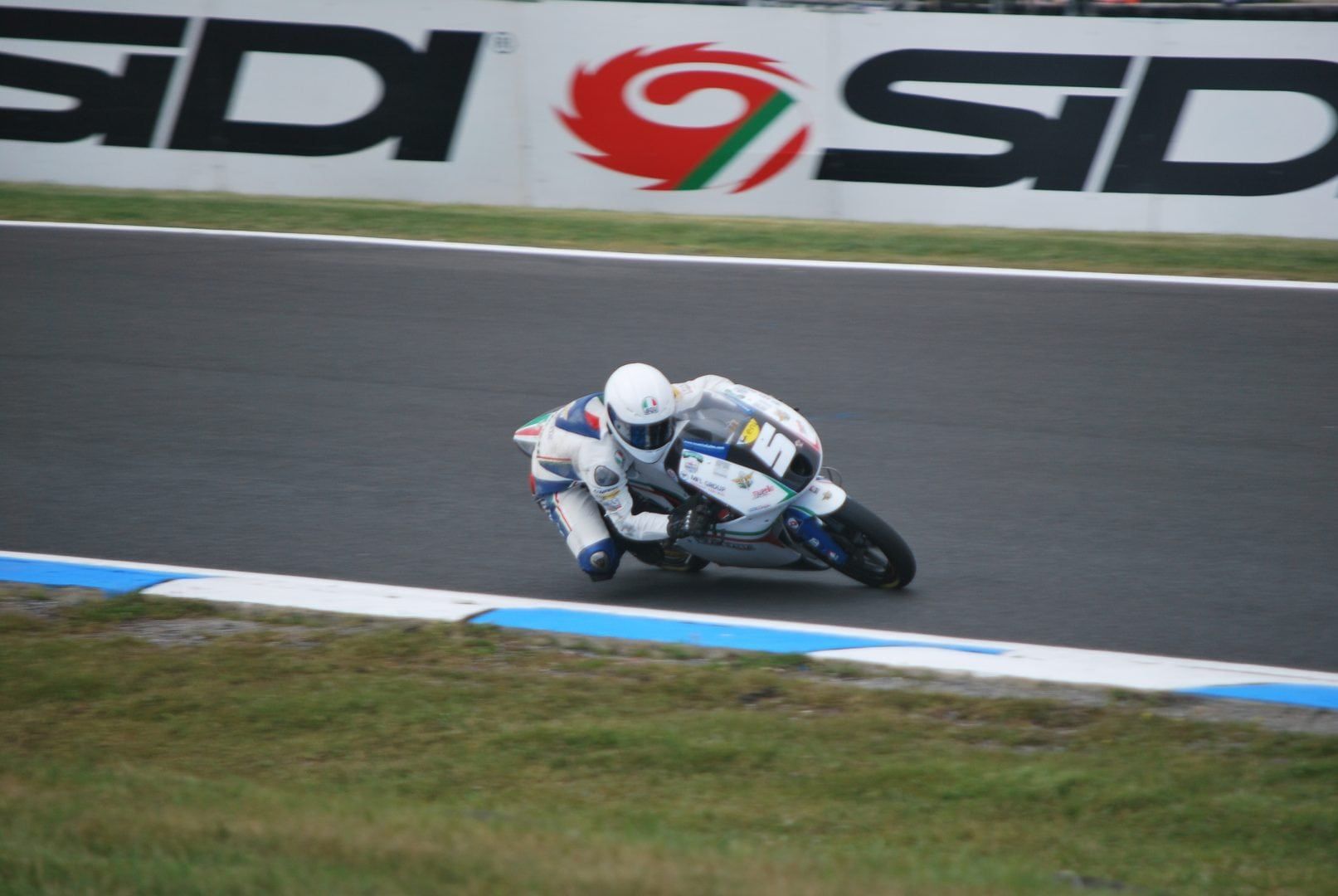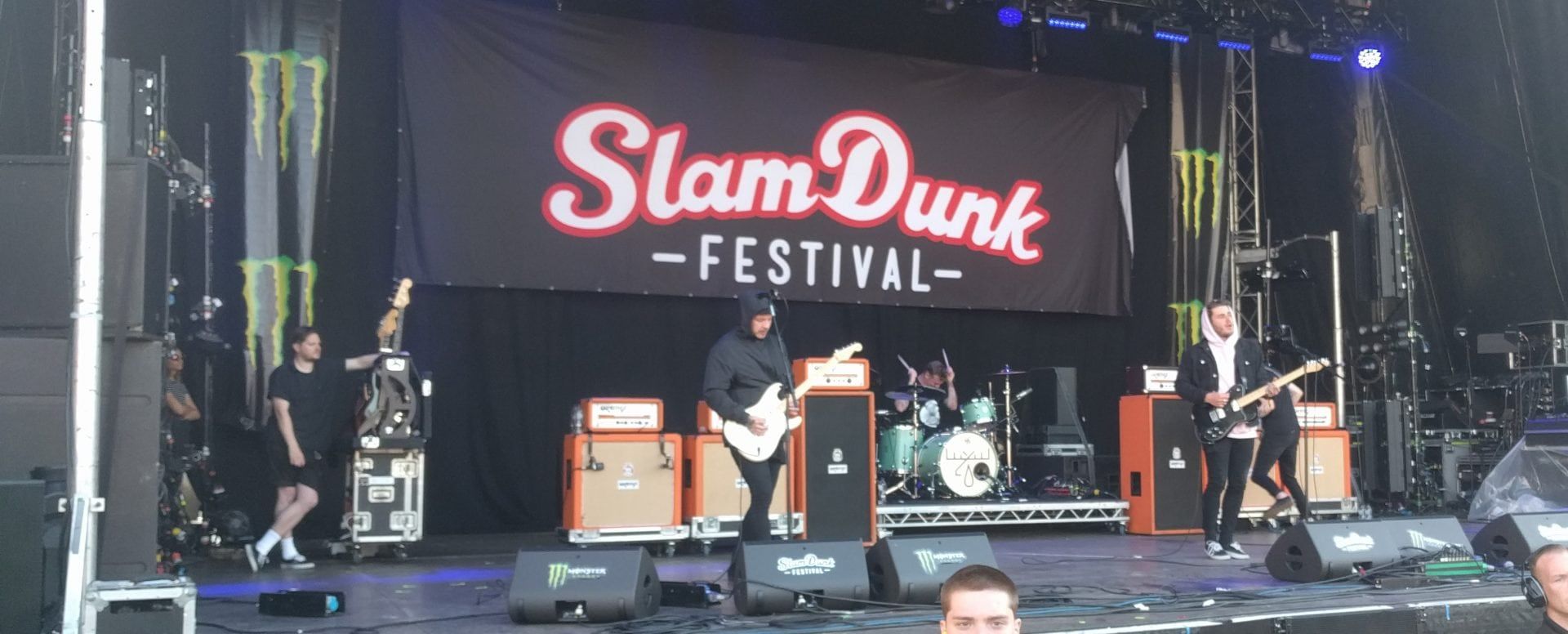White unless specified otherwise?
A short story that I wrote was recently shortlisted for a prize designed to promote new writers of colour. During a speech introducing each of the six stories, one of the judges praised my decision to make my main character an old straight white man. I was extremely excited to be there, grateful to have been shortlisted but there was one problem with their speech. My main character wasn’t white.
The judge’s entire description of my story was based around my decision to write a white character. The character I had actually written was of Caribbean descent. But in the story, I never mentioned the colour of his skin. I didn’t mention what type of hair he had. I didn’t put on an accent for the audiobook. When writing short stories, brevity is key. You have to be concise and I cut out any detail that I didn’t see central to the plot. His race was not a central part of the story.
I’m going to be honest here, I’m not interested in making an old straight white man the main character of my story. There’s enough writing where that’s the case. In this story, I was interested in exploring characters that don’t usually get centre stage. But the fact that I never mentioned the colour of his skin on the page automatically made the character white in the judge’s eyes.
The prize is designed to help tackle racial bias in the publishing industry. It was really jarring, therefore, to have a judge of the prize misidentify the race of my main character and then go on to talk exclusively about the character’s whiteness to a room of people working in the publishing industry. The judge clearly showed a reader’s bias that we all may have to some extent, the bias that a character is white unless specified otherwise.
I like to think that literature is one of the best ways to explore issues of race, perhaps because in a story there are no actual images of the characters. You form your idea of a character in your mind’s eye. This image can be controlled by physical descriptions and other racial signifiers like the character’s name, profession, the type of dialect in their dialogue etc. Writers like Toni Morrison have played around with how arbitrary these signifiers are. The only short story she ever wrote, Recitatif, is about a black character and a white character, but the reader is never clear which is which. It’s a story specifically about race and there has been much critical debate over the race of the characters. It seems readers aren’t comfortable not knowing. This racial ambiguity is testament to Morrison’s literary skill, but wasn’t something I was trying to achieve in my story. I simply didn’t mention the colour of my main character’s skin because at no point in the story was there a situation where he would need to think about it. But here I am, thinking about it.
I went up to the judge after their speech to tell them about their mistake. They did not apologise. Instead, they told me how interesting it was that they thought the character was white; how that could actually be seen as a good thing. Perhaps to them, this misidentification was an example of some sort of post-racial reading. To them, it showed that it didn’t even matter what race the characters were. But if it didn’t matter, why did they make the character’s supposed whiteness the defining feature of the story?
There’s been a lot of talk about whitewashing in films and TV. When a white actor takes a role written for a person of colour, the racism is evident. You can put a face to it. When a reader whitewashes a story or a book, it’s a lot harder to define.
The judge’s mistake brought to my mind the controversy surrounding the casting of Harry Potter and the Cursed Child. When Noma Dumezweni was cast as Hermione, a lot of fans were confused. But at no point in the entire Harry Potter series (that’s seven books and over a million words) does J.K. Rowling ever mention Hermione’s skin colour. She is not a white character, she is simply a character. But to many readers, her whiteness was a given. And when Dumezweni’s casting made people consider that a character should be any race unless specified otherwise, they got angry.
So far in this article I haven’t mentioned the race of the judge. Needless to say, the judge was white. It’s needless to say because you can probably discern their race through the context of this article. That is what writing can do; you have an image of the judge in your mind’s eye, not through physical description but through what they did, what they said. As readers, we can make assumptions based on evidence. What I am warning against, is being lazy in this process; when there is no evidence we should not make assumptions. Worse still, we should not ignore evidence to favour an image of a character that we prefer.
The judge’s mistake, of course, could have been down to my bad writing rather than their bad reading. I will do my best to avoid misreadings like this in the future, but I think that readers need to bear racial bias in mind when they imagine characters. Characters are not automatically white. Whiteness is not the default. If something is left blank, that doesn’t make it white.

